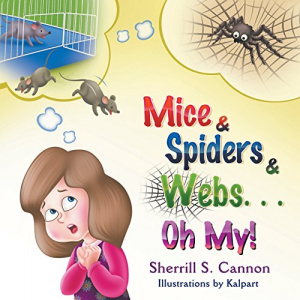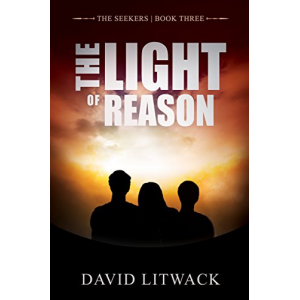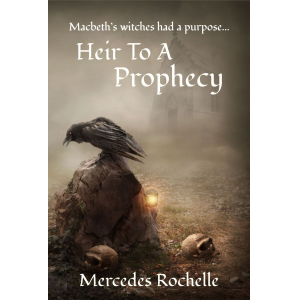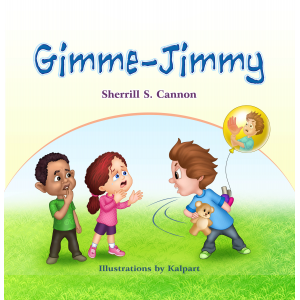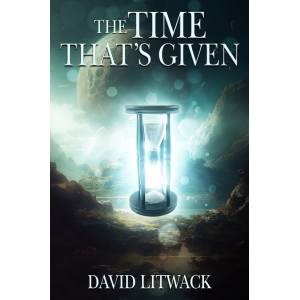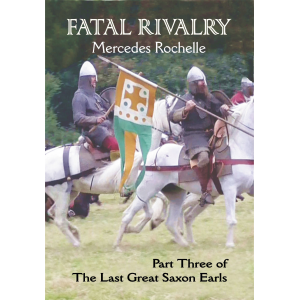New York Times Interviewe in Hemingways Attic
🔗 http://www.nytimes.com/1997/11/25/books/arts-in-america-in-hemingway-s-attic-another-novelist-toils.html- Author
- Book
- Story behind the book
- Media Links
- Reviews
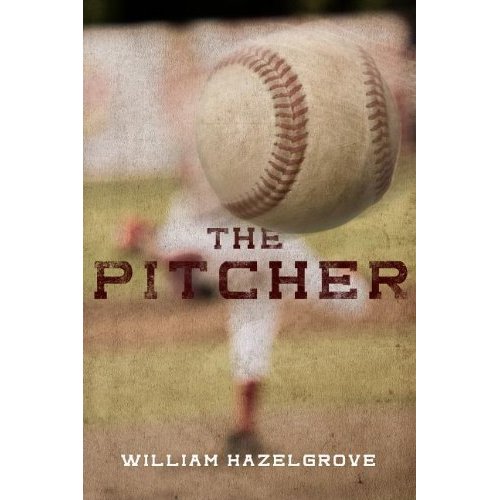
William Hazelgrove
About
Born in Richmond, Virginia, and carted back and forth between Virginia and Baltimore, I blame my rootless, restless personality on my father. He was and is a traveling salesman with a keen gift of gab, great wit, a ready joke, and could sell white tennis shoes to coal miners.
It was during these sojourns up and down the east coast I soaked up the stories that would later be Tobacco Sticks and Mica Highways. I think authors should exploit their family history before raping the rest of the culture for material.
Dad finally got tired of the east and moved to the Midwest when I was fourteen. We settled outside of Chicago. It is here I came of age and went off to college for seven years -- two degrees and one novel later I returned to Chicago and lived in many different apartments, trying to get a little two hundred page manuscript called Ripples published.
When a local printer said he would take a chance on my book, I jumped and had my first novel published by a man who had never published anything. Great reviews and moderate sales put me back to my jobs as a janitor, baker, waiter, construction worker, teacher, real estate tycoon, mortgage broker, professor, security guard, salesman -- anything to make a buck and keep writing. The printer lost his mind and published my second novel, too. That landed me with Bantam after some rave reviews and a paperback auction for my second novel, Tobacco Sticks.
A third novel, Mica Highways, was sold on less than one hundred and fifty pages to Bantam and then I did a strange thing -- I settled down to writing in Ernest Hemingway's birthplace in Oak Park, Illinois. I have since been looking for the Great American Novel up in the old red oak rafters and I think I might have finally found one... we'll see.
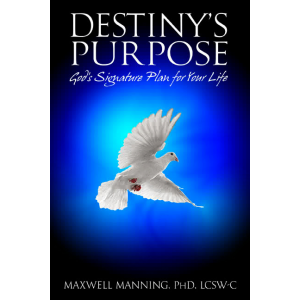
Destiny's Purpose
Description
This books provides information and strategies for those who are seeking to discover more about their purpose and destiny in life. Each chapter includes practical and inspirational ideas that are designed to help its readers to to identify and effectively engage in purposeful living.
Story Behind The Book
Tobacco Sticks is really about a south that no longer exists and a way of living that vanished probably a few years after World War II ended. The family in the book is a large respected clan headed by the patriarch who is the hope and the catalyst for the family's ultimate dissolution. A lawyer's tale told by a twelve year old, this novel will bring up memories of To Kill A Mockingbird, but I like to think that while Scout's story told of the South between the wars, my story finishes up with the beginning of the Civil Rights Movement. There is a political campaign and an African American Maid wrongly accused of crimes that could destroy her and there are the changing tides of Southern tradition bashing against the shoals of a looming Civil Rights Movement. Ultimately, there is the love between a father and a son and a courtroom trial that shows that while right may not triumph, it is really the only thing that will outlive the very short time we have in this world.
Media Links
Reviews
<h3 class="productDescriptionSource">From Publishers Weekly Starred Review </h3> <div class="productDescriptionWrapper">Set in 1945, this skillfully crafted novel by the author of Ripples chronicles the coming-of-age of Lee Hartwell, the pubescent son of a Richmond, Va., lawyer, whose close-knit family is torn apart by WWII and its aftermath. The adult Lee narrates in the particularly resonant tones of nostalgic Southern elegy. The novel also touches on the major dramatic mid-century changes in the American South: the growth of organized labor (organizers are trying to unionize a local steel mill); the tenacious hold of old-style politics on a hotly contested senatorial campaign; and the brewing revolution in race relations. At home, 12-year-old Lee is troubled by his family's cool reception of one ex-soldier brother, who was shot in the foot (it's implied that the wound was self-inflicted), while the swaggering eldest brother, who saw no combat, is warmly welcomed. When his father decides to defend a young black woman, believing she has been framed to protect the incumbent senator's reputation, he is forced to resign as the senator's Richmond campaign manager, and the town turns against him. Young Lee is also taunted by his friends, and his achingly sweet relationship with the daughter of the steel tycoon backing the senator is also threatened. Explosive racial tension, betrayal and murder, difficult ethical and social decisions, first love and a dramatic denouement in a sweaty Virginia courtroom are skillfully entwined in this haunting tale, which has all the characteristics of a good summer read. <br /></div>
